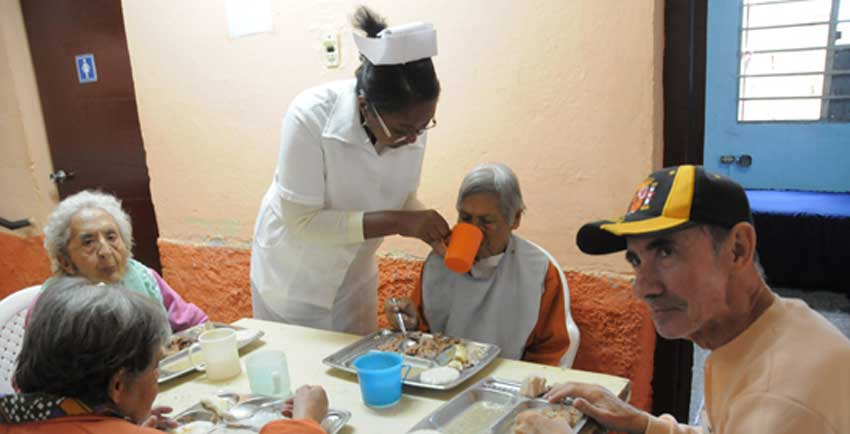
Camagüey, August 1 - The complex economic and social context we are living in these days, requires a level of commitment and awareness of both the social environment, as well as government and public institutions. In this environment, the government prioritizes attention to inequalities and people in vulnerable situations as one of its main objectives, with emphasis on the implementation of social programs considered fundamental pillars for human development and social equity in the country.
Currently, more than 189,000 families and 350,000 people are beneficiaries of social assistance programs, which include services and support aimed at providing care to the most needy people.
According to Article 105 of the Social Security Law No. 105, approved on December 28, 2008, social assistance protects the elderly without resources or protection, any person unable to work who lacks family members in a position to help him or her, or others who require it.
Social services are configured through programs and actions aimed at improving the quality of life and the integration into society of individuals who so require, with the active participation of social workers in the implementation of programs proposed by the State for the prevention, detection, orientation and solution, as far as possible, of the causes of existing social problems.
The Law itself, in Article 108, from paragraphs a) to h), refers that workers who receive subsidies for illnesses and who require assistance due to the magnitude of the treatments they require, as well as the families of deceased employees or pensioners who are under its protection, are protected by the Social Assistance Regime. It also benefits working mothers who lack economic income, the families of young people called to military service who are part or the sole breadwinner, among others who need social assistance.
In addition, in order to provide them with specialized resources to meet the challenges they face in caring for their children, special attention is given to mothers of severely disabled children, benefiting more than 3,000 women.
The economic support program is indispensable in these times, therefore, the State pays for transportation services to receive specialized medical care outside the territory. On the other hand, electricity is paid for chronically ill people, benefiting more than 200 families.
In the communities, social services are maintained that seek to provide care and attention to different groups of society, such as the Grandparents' Homes, Homes for the Elderly, Family Food Service, Maternity Homes and Homes for children without family support.
Even so, significant challenges persist to eradicate the manifestations of poverty and inequality, accentuated by the economic crisis the country is going through. A comprehensive and coordinated approach by the authorities is required to promote the generation of economic opportunities and the improvement of basic services to overcome these challenges and achieve a more equitable society. (Text: Alexis Peña Hernández/RCA) (Photo: Radio Camagüey)